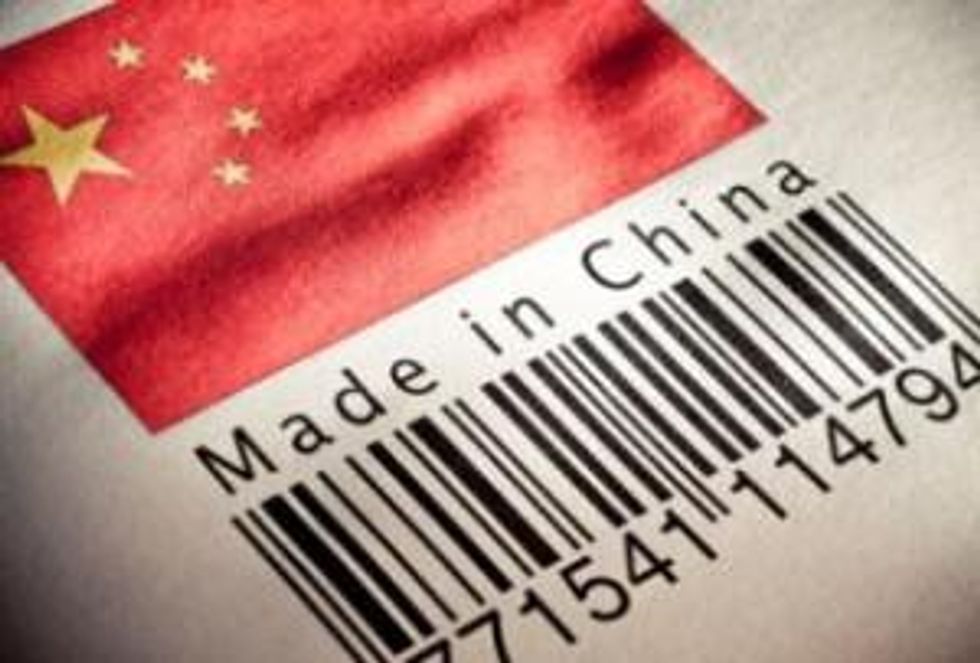China May Abandon Moly Export Quota and Tax in 2015
Rumors began to surface after the country announced 2015 export quotas for a variety of industrial metals, but did not mention molybdenum or tungsten.
The molybdenum market has been fairly quiet lately, but it received a bit of a shake up last week on the back of some interesting news from China.
Specifically, the country’s Ministry of Commerce said that in 2015 it will not be changing its export quotas for a variety of industrial metals — such as tin, antimony, indium and silver — but failed to comment on what will happen with molybdenum and tungsten.
In previous years, states Reuters, quotas for all of those metals were released at the same time, so the omission has led market watchers to believe that moly and tungsten exports simply will not be subject to quotas next year.
“Not on the list should mean that the two metals are no longer carrying export quotas,” an analyst working for a state-owned firm told the news outlet. However, the ministry itself has neither confirmed nor denied the rumor.
Why no quotas?
In an article published Monday, Platts adds that moly and tungsten export taxes will likely be scrapped along with the quotas and notes that the catalyst was likely a World Trade Organization (WTO) ruling made this past summer.
At that time, the WTO’s Appellate Body “upheld an earlier finding that China’s export restrictions on molybdenum, rare earths and tungsten breached WTO rules and could not be justified on environmental or conservation grounds.” China’s argument was that the regulations were necessary to prevent excessive mining, as per Reuters.
As one moly trader in Southwest China told Platts, “[w]e think the possible abolition of the moly export quota and tax to be related to WTO’s move.”
Market impact
With the abolition of export quotas not yet confirmed, it’s a little early to be talking about what impact their absence could have on the market. However, that hasn’t stopped some market participants from speculating.
“If eventually the export quota and export tax policy were abolished, this may spur some moly traders to resume exports,” Platts quotes the trader in Southwest China as saying.
Other industry insiders are not so sure, believing that an increase in exports of the metal will depend on what supply and demand look like.
“At current prices, even without the export tax, Chinese domestic moly prices are still higher than international prices,” said one source, also noting that moly demand both in and out of China “isn’t very good.”
For now, moly market watchers would do well to keep an eye on whether China releases an official statement about export regulations. During 2014, 2013 and 2012 the quota was 25,000 metric tons, while China currently taxes ferromoly exports by 20 percent and moly oxide exports by 15 percent.
Securities Disclosure: I, Charlotte McLeod, hold no direct investment interest in any company mentioned in this article.
